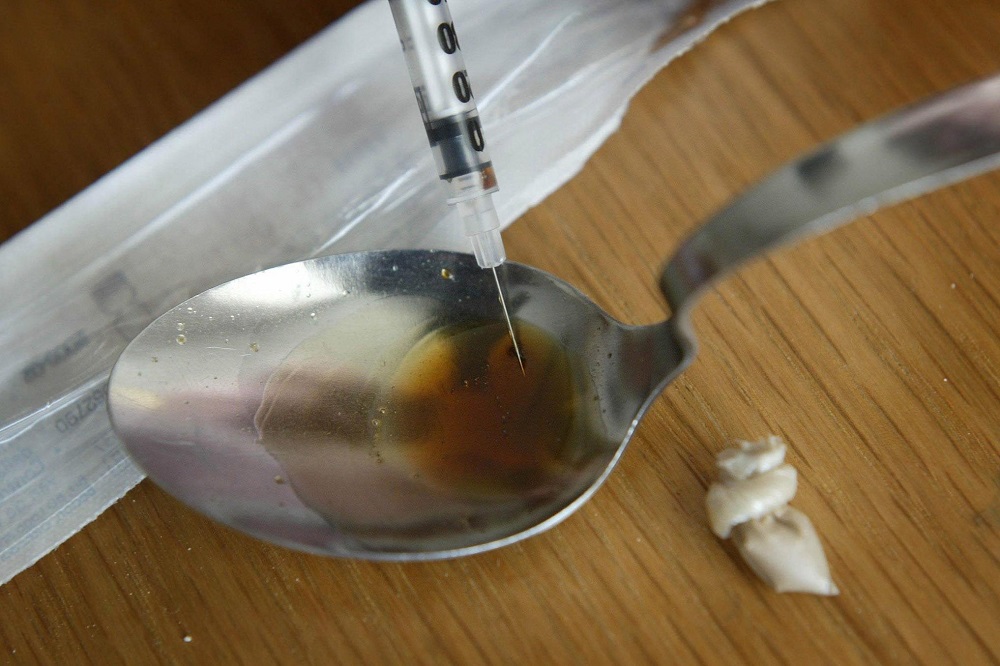Warning ‘County lines’ drug dealers are targeting children from professional families

Twm Owen, local democracy reporter
“County lines” drug dealers are targeting children from professional families, Monmouthshire councillors have been warned.
The council’s public services scrutiny committee have been briefed on the work charity the St Giles Trust does with young people at risk of criminal exploitation across Gwent, including “county lines” – when big city dealers set up supply routes into smaller and rural areas.
Councillors were told those behind county lines networks aren’t necessarily based in England and some are controlled by criminals in Cardiff sending young people into Gwent and Swansea.
Rebecca Miller, the charity’s team leader for Wales who also works in Bristol and Gloucestershire, said the cost of living, children struggling to return to school following the Covid period, and a lack of employment opportunities for young people and their families are all contributing to people falling into crime.
Cllr Penny Jones, who represents Raglan, asked if Ms Miller thought there is enough awareness that teenagers from across the social spectrum could be at risk.
Vulnerable
The Conservative said: “It’s so easy to pigeonhole where your clients come from and it can be across the board. Do you think enough people realise that? We have got some good schools and good demographic areas but young people can still be vulnerable.”
Ms Miller said she agreed there is a lack of awareness and said: “We work with many families where the parents are professionals, teachers, nurses and GPs. That’s where we tend to find a lot of our self-referrals come in and what the kids call ‘clean skins’.”
St Giles senior case worker Danielle John said such children – referred to as ‘clean skins’ as they haven’t got criminal records or haven’t previously come to the attention of authorities – can be more attractive to criminals.
“They know they don’t have social workers so it can be easier to move them and they do not have a social worker watching over them.”
Ms John said teenagers can be recruited via social media. She said: “Social media, TV shows and music can glamorise the lifestyle and it may be there parents are working so they do not have someone watching over them.
“They may like a picture on social media and these people will message them and say, ‘you liked this picture, do you want to be involved and make some money?’ The demographics are always changing.”
Cross-border
Chepstow Bulwark and Thornwell councillor Armand Watts said he was concerned the removal of the Severn Bridge tolls may have eased cross border supply routes.
He described Monmmouthshire as in close proximity to Newport and Bristol and said his ward is only some eight miles from Cribbs Causeway, on the edge of Bristol, and said people could cross the bridge and make a deal and “be gone again in 10 minutes”.
But Ms John said councillors shouldn’t see county lines as only operators based in England.
She said: “There are people in Cardiff now sending people to Gwent or Swansea.”
The committee was told the St Giles Trust has two case workers supporiting young people on a one to one basis across Gwent, with one having 15 clients and the senior worker 10 clients but demand can vary from some who require significant support to others who need just a “light touch”. At busy times there can be a waiting list to be allocated a case worker and Ms Miller said the charity concentrates on “quality not quantity”.
Personal support includes listening to young people and helping them address behaviour and undertake positive activities such as returning to education. The charity also undertakes outreach work in schools including a girls empowerment programme.
Most of its work in Gwent is funded by the Police and Crime Commissioner.
Support our Nation today
For the price of a cup of coffee a month you can help us create an independent, not-for-profit, national news service for the people of Wales, by the people of Wales.




